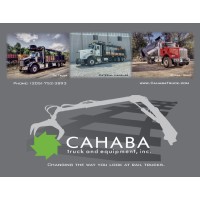
Speno International SA
Speno International specialises in rail maintenance worldwide. Activities include a full range of services from research and development through to the construction and operation of the machines needed for: * grinding and re-profiling of tracks and points * measuring rail surface faults and profiles * checking for internal rail flaws with ultrasound The company is also involved in the development of all the related equipment through close cooperation with its two plants in Italy (Mecnafer in Mestre, for grinding trains; ASI in Marcon, for the production of grinding stones). Speno operates on all five continents, maintaining rails on lines used for all types of railways, including underground railways, tramways, heavy -haul trains and high-speed trains. * SN EN ISO 9001 since 1995 * SN EN ISO 14001 since 2007 * BS OHSAS 18001 since 2007






